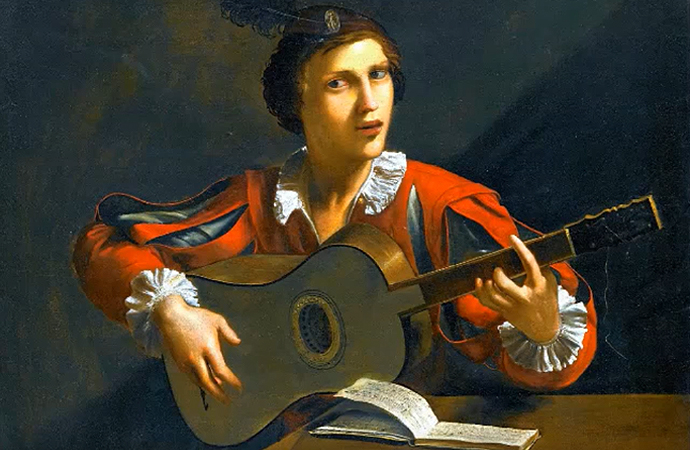Neo-Baroque
Contemporary Works in the Baroque Style
"RESCHEDULED"



Friday, April 17, 20204:00 PM- All Saints Episcopal Church

The Baroque period refers to an era that started around 1600 and ended around 1750, and included composers like Bach, Vivaldi and Handel, who pioneered new styles like the concerto and the sonata. The Baroque period saw an explosion of new musical styles with the introduction of the concerto, the sonata and the opera.
Derived from the Portuguese barroco, or “oddly shaped pearl,” the term “baroque” has been widely used since the nineteenth century to describe the period in Western European art music from about 1600 to 1750. Comparing some of music history’s greatest masterpieces to a misshapen pearl might seem strange to us today, but to the nineteenth century critics who applied the term, the music of Bach and Handel’s era sounded overly ornamented and exaggerated. Having long since shed its derogatory connotations, “baroque” is now simply a convenient catch-all for one of the richest and most diverse periods in music history.